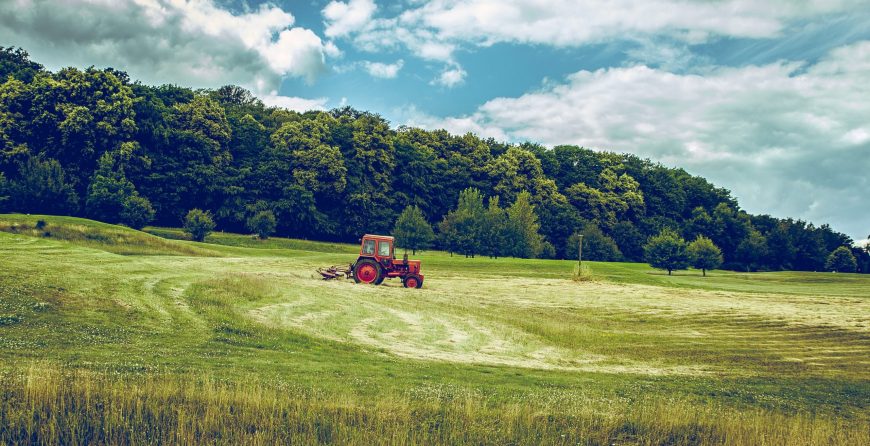It’s official: organic farming has taken over the State of Iowa and we’re really stoked about it!
At first, organic farmers didn’t have a market but now they can safely say their products sell themselves.
Organic farming in Iowa has increased by 31 percent in the last five years. With local farms like Grinnell Heritage Farm, the practice is here to stay. Not familiar with them? Grinnell Heritage Farm has a specific mission: to farm their land in a way that will make things better for the next generation.
Grinnell’s market demands are steep and as one of the state’s top organic growers of certified organic vegetables and fruit, their market demands keep expanding.
Among all 50 states, Iowa ranks sixth in the number of organic producers and processors. The biggest growth has been in organic grain, which was driven by the increase in production of organic dairy, poultry, and eggs. Amish farmers have maintained a profitable niche for a long time in the state, and still lead the way in organic production.
Meeting the demands of a growing market
Organic food has been gaining popularity in Iowa despite the fact that price typically ranges from two to three times higher compared to conventional produce.
The rise in popularity can be attributed to education: more consumers are now more aware of the harmful chemical residues found on traditionally grown produce.
If you speak to someone in the organic section of their nearby Hy Vee, Fareway, or Aldi store, you can bank on the fact that they recognize the health benefits of organic produce for themselves, their families, and the environment.
This, accompanied by the fact that many gardeners are turning to 100 percent organic gardening methods, accounts for the market expansion.
How Iowa farmers are kicking pests and weeds to the curb
Iowa farmers who use organic methods have noticed a higher fertility and tilth in their soil. Composted manure from grass-fed cattle plus cover crop planting methods account for the reduction of soil erosion in the state as well as the quality of organic produce.
One of the biggest benefits to using organic farming methods is the fact that it prevents weeds and pests from taking over the fields.
Though challenging, organic weed control is accomplished with mulch, tilling, long crop rotations, and by adding worm castings to the soil.
The Amish niche
Amish farmers with small landholdings and large families found a niche in organic farming several years ago. This farming method is labor-intensive and relies more on management. With their organic foods being priced higher, Amish organic farmers can return to their agricultural roots.
The Amish still have a great market in the State of Iowa, but others are starting to catch up.
Encouraging more organic farming practices
The Iowa Organic Association is encouraging farmers to switch from conventional to organic production methods. Considering organic practicers reduce nutrient loss to surface water by 50 percent, it’s no surprise that more farms are adopting the method.
What you can do to support organic Iowa farmers
Support your local organic Iowa farmers. Grinnell Heritage Farm offers sharing options that allow you to purchase a box of produce for yourself or split it with friends, family members, and neighbors. Visit their website for more information regarding sharing options.
We recommend checking out Radiance Dairy Farm for organic dairy products.
Also check out the Iowa Organic Association to discover more organic farms in the state.


